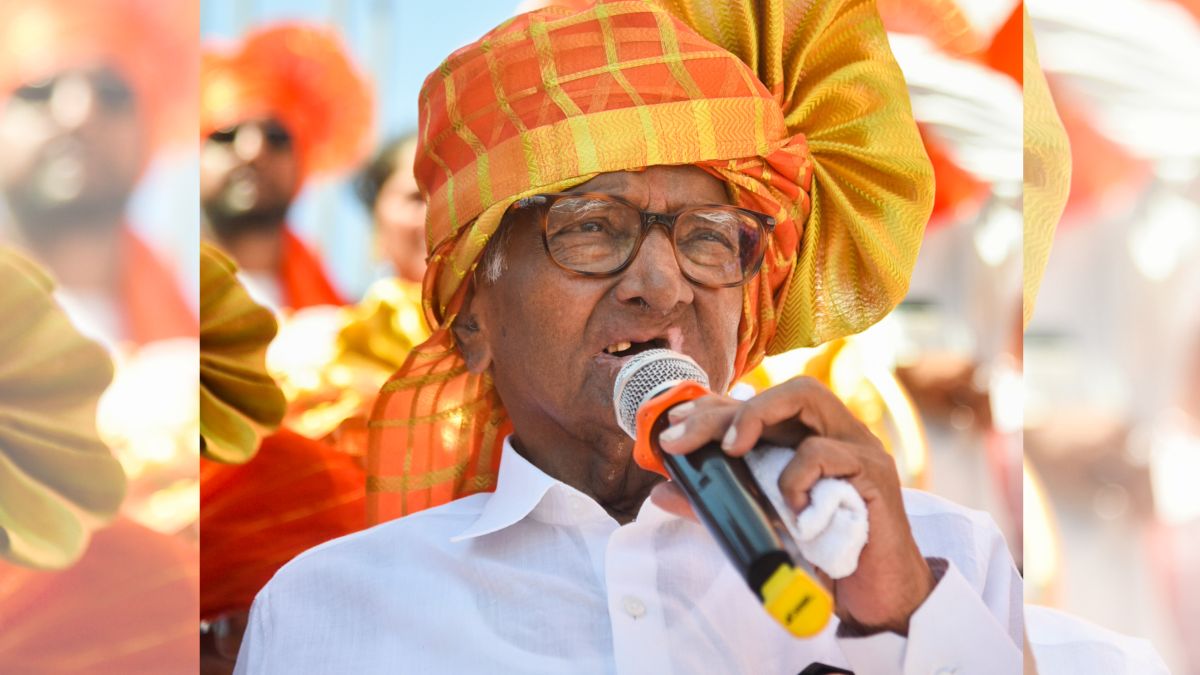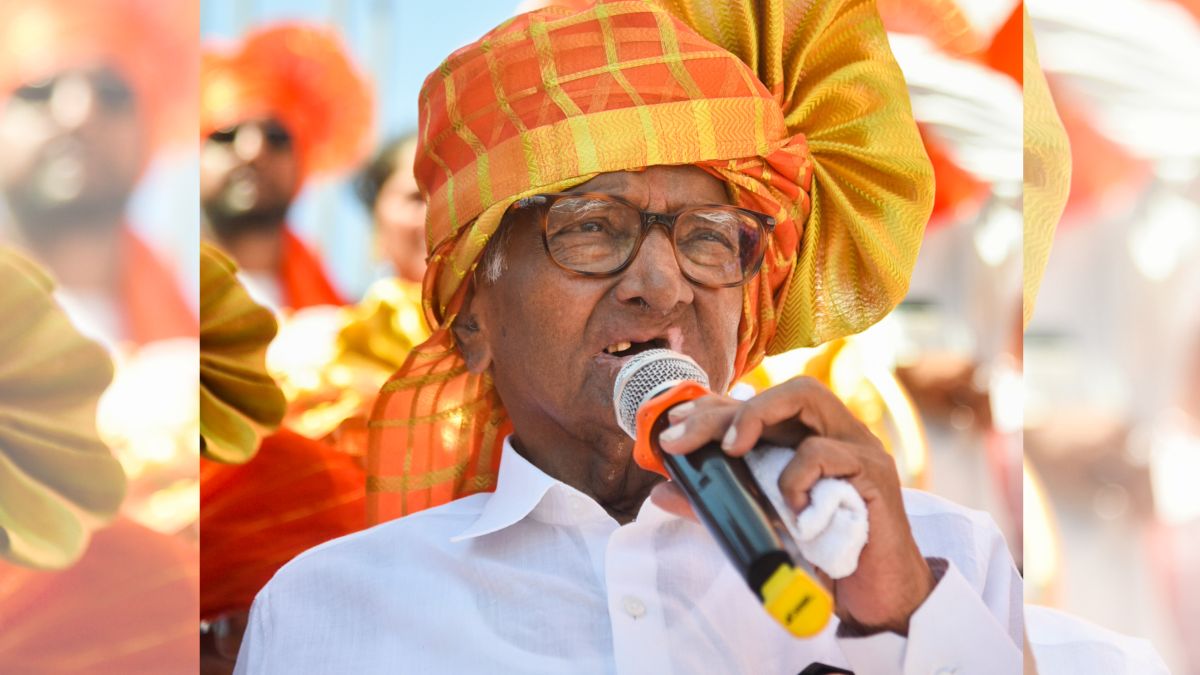A news channel has been running a campaign against VIP Culture, where our netas, babus and powerful people in general seek special treatment – on the road, on aircraft, in school admissions, in business deals, everywhere. Never mind if their convenience is possible only by inconveniencing the public, or delivered at huge cost to the taxpayer.
Over just the last few days, we have seen Air India serve politicians and bureaucrats at the cost of passengers; a former DMK Deputy CM slapped someone in public ; we have seen ministers and MPs make loutish and offensive statements about others, including women; MPs have been demanding 100 percent raises in pay when even profitable corporations don’t give that kind of raises to their best employees. The list can go on and on, but the question to ask is simple: is this just about the powerful, or is it about us?
VIP cultures do not develop in a vacuum. They come from the attitudes we inculcate in our children and young adults at home and school.
It is my contention that we are a poorly parented people prone to indiscipline and indulgence. We overindulge our children – and even our household pets – and do nothing to teach them manners, good civic behaviour, and basic discipline. We thus learn to be served and treated like kings when we have done nothing to deserve this.
Ask yourself: How many of us are willing to wait in queues if we can find a way around them? How many of us use the front door to school admissions if a back door is available? How many of our car drivers observe road rules when no one is looking? One year after Swachch Bharat, have we changed any of our old habits on public littering one bit? How many of us treat people less fortunate than ourselves – the hotel waiter, the driver, the liftman – as equals? Consider how we behave on the road: we toot our horns to ask other cars and vehicles to get out of way; if we are held up, we use the horn incessantly as if that alone will clear the traffic jam.
We were not always like this. Just two generations ago, we produced god-fearing, reasonably disciplined people who had good manners, if nothing else. Part of that was the result of a culturally-ingrained respect for elders – which still endures, possibly for the wrong reasons – but as the post-independence generations grew prosperous and able to afford the conveniences of life, our parenting styles changed. We suddenly loosened up on basic responsibilities, hoping that schools or somebody else will do the job on our behalf even as we chased careers, luxury products, and the good life for ourselves.
Indian parenting loses out when we are afraid to offer tough love to our children, as a result of which they grow into self-indulgent, uncaring, ill-mannered kids that demand attention and instant gratification at someone else’s cost.
The next time you are on an international flight, observe how Indian kids behave and the western ones do. More likely than not, the Indian kid will be busy screaming or running down the aisles and making a nuisance of itself; the western one will be restrained and not bothering anyone else.
You don’t have to go on an international flight to discover all this. Check how parents sit at a hotel, fussing about feeding their child, even while the kid is getting on other people’s nerves by loudly demanding something else.
And it’s not just about kids. Even pets are over-indulged. Indian dog-owners take their dogs out to pee and poop on the road, even though city laws expect the dog—owner to scoop the stuff. If your kids can use the bathroom, why not your dog? Why does it have to ruin public places where hundreds of people walk? Dogs at Indian homes are also less well-behaved than western ones. When guests arrive, Indian dogs will behave more aggressively and irritatingly than dogs maintained by canine-lovers abroad. Clearly, we train our dogs even less than our children.
Go to Singapore, one of the world’s cleanest and most disciplined city-states in the world. Every place is spotlessly clean and tidy – the only exception being Little India. Here there will be some street litter, some untidy shop entrances. It’s miles ahead of Big India back home, but Little India in Singapore is not a place Singaporeans will be proud of.
One can speculate on why this is so, but I offer three tentative reasons.
First, the two or three post-independence generations India produced somehow dropped the ball on effective parenting. As we moved from scarcity and poverty to prosperity, we invested less in parenting as we tried to get ahead of the pack and improve our economic lot. We chose economic advancement over parenting, and expected our parents, our maids, our schools and just about anybody else to do our parenting for us. But we also developed a guilt trip about this. We tried to make up for our lack of parenting by over-indulging our children, giving them luxuries without their earning them. Not surprisingly, our kids grew up to demand things as their right, throwing tantrums if they didn’t get what they want. Is it any surprise our VIPs behave just that way? This is what they learnt at home.
Second, spousal relationships have not evolved to genuine partnerships, and the mother-son dynamic has done the most damage. When the spousal relationship is less than equal or lacking in warmth and affection, the attention of the mother at home tends to focus on children – and sons get the biggest indulgence, with mothers filling the emotional deficit due from the spouse by demanding it from their sons. This is at the root of all saas-bahu problems, as adult men see their partners as lacking in the care they were used to from their over-affectionate mothers. While Indian fathers have been more or less missing in action on parenting, mothers have not balanced unconditional love for their children with the ability to practice tough love and discipline – a vital ingredient for inculcating discipline in children. Clearly, fathers have to start parenting, and mothers have to learn the art of tough love, especially for sons.
Third, in public life, India’s extreme diversity has created a society where public office is seen as the route to private profit, or as an opportunity to favour the groups we belong to – our caste, our religion, or our ethnic community. The rule of law depends on who is administering it. Little wonder, no one respects the law. It is observed only when it is convenient.
The net result is that many Indians grow up to be self-indulgent, uncaring, unlawful - and often ill-behaved louts. This is what we are seeing in the amoral, self-seeking VIP culture of today.
Consider the irony: the very channel that makes such a big deal about battling VIP culture is run by one of the most impolite and ill-mannered anchors who ends up upsetting all his guests.
Ultimately, we cannot avoid the question: can we become a better society without getting better at parenting?


)




)
)
)
)
)
)
)
)